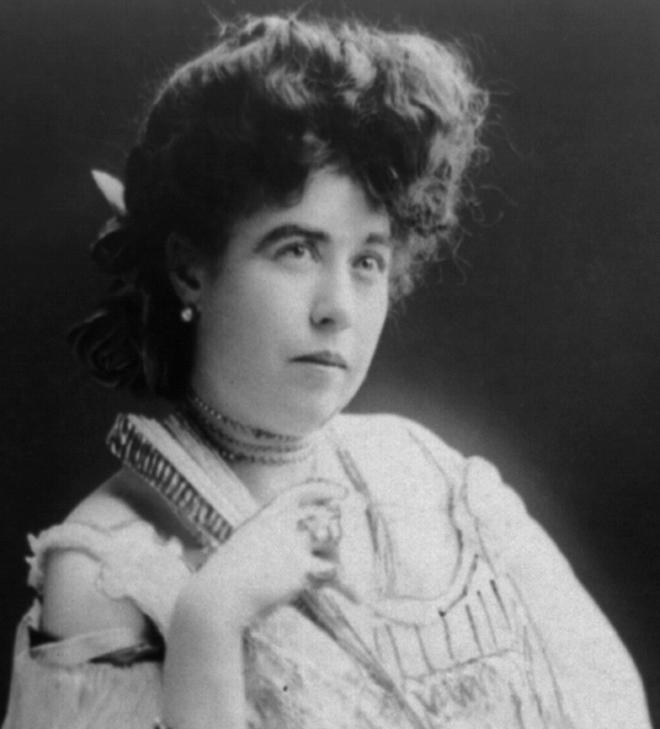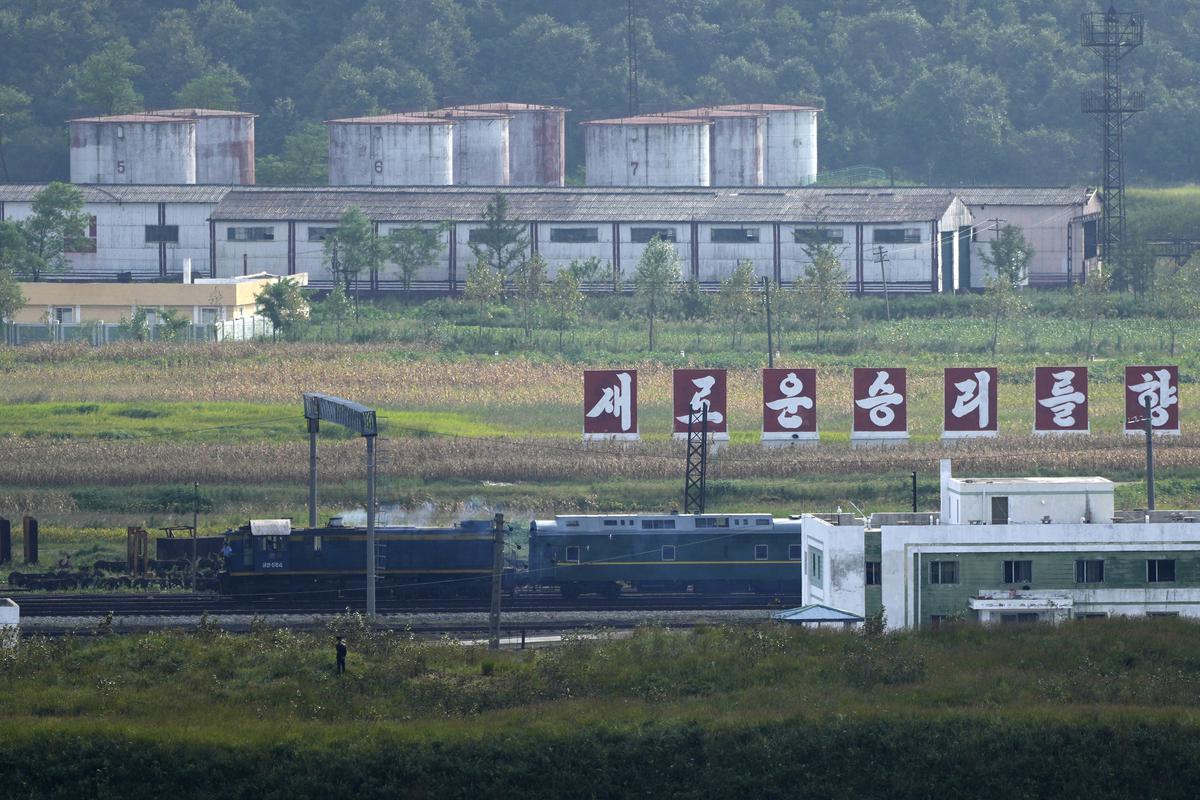Nobel Peace Prize winner Muhammad Yunus. File
| Photo Credit: AP
Outrage is growing as Muhammad Yunus, the chairman of Grameen Telecom, faces a barrage of court cases tied to employment-related violations in what rights organisations called harassment of the Nobel laureate by the Bangladesh government.
A criminal case that alleges three breaches under the Labour Act has gathered speed and may lead to a jail sentence. Mr. Yunus and three other board members, Ashraful Hassan, Nurjahan Begum and M Shahjahan, face the same charges.
This is just one of more than 150 cases filed against Mr. Yunus after the ruling Awami League party came to power in 2008, according to Amnesty International.
Initiating criminal proceedings against Mr. Yunus and his colleagues for issues that belong to the civil and administrative arena is a “blatant abuse of labour laws and the justice system and a form of political retaliation for his work and dissent”, Amnesty said in a statement on September 18.
The case is “emblematic of the beleaguered state of human rights in Bangladesh, where the authorities have eroded freedoms and bulldozed critics into submission”, said Agnès Callamard, secretary general of Amnesty International.
“The abuse of laws and misuse of the justice system to settle vendettas is inconsistent and incompatible with international human rights treaties including the International Covenant on Civil and Political Rights, to which Bangladesh is a state party,” said Ms. Callamard. “It is time for the government to put an end to this travesty of justice.”
In the case, a labour inspector from a government agency primarily alleges that employees of Grameen Telecom were not classified as permanent workers after the probationary period. Employees were not granted annual leave with pay or money against earned leave, according to the second allegation. And the accused failed to establish a worker welfare fund by depositing 5 percent of the company’s net profit.
The latest development prompted more than 170 global leaders, including Nobel laureates, to write an open letter to Bangladesh Prime Minister Sheikh Hasina on August 28, demanding the immediate suspension of the current judicial proceedings against Mr. Yunus, followed by a review of the charges by a panel of impartial judges.
“We are confident that any thorough review of the anti-corruption and labour law cases against him will result in his acquittal,” they wrote.
“We hope that you ensure the resolution of these legal issues in an expedient, impartial, and just manner while also ensuring a free, fair, and participatory national election in the coming months, and respect for all human rights,” they added.
The Bangladesh government reacted to this letter, saying an alternative process of reviewing the charges against Mr. Yunus and his “cohorts” is “incompatible with Bangladesh’s established judicial system”.
“This is not the first time that Dr. Muhammad Yunus and his aides have resorted to international lobbying in the face of legal consequences for their alleged or proven violation of law,” the foreign ministry in Dhaka said in a statement on September 1.
“The allegations of persecution or harassment seem to follow a pattern that stems from a victim mentality using human rights and democracy as an expedient cover,” the ministry said.
The government condemned what it said was a veiled threat “under the pretext of promoting democracy and human rights”.











